Gynecomastia, colloquially known as "man boobs" or "moobs," refers to the abnormal growth of breast tissue in males.
Gynecomastia is a medical condition characterized by the enlargement of breast tissue in males. While not often discussed openly, it is a relatively common concern that can affect men of all ages. In this comprehensive guide, we will delve into the various aspects of gynecomastia, exploring its definition, symptoms, causes, and available treatment options.
What is Gynecomastia?
Gynecomastia, colloquially known as “man boobs” or “moobs,” refers to the abnormal growth of breast tissue in males. This condition can lead to breast enlargement and tenderness, causing physical and psychological discomfort for those affected. While it is not a life-threatening condition, it can significantly impact a person’s self-esteem and quality of life.
Our team of experts are passionate about providing only the best quality care and treatment to their patients.
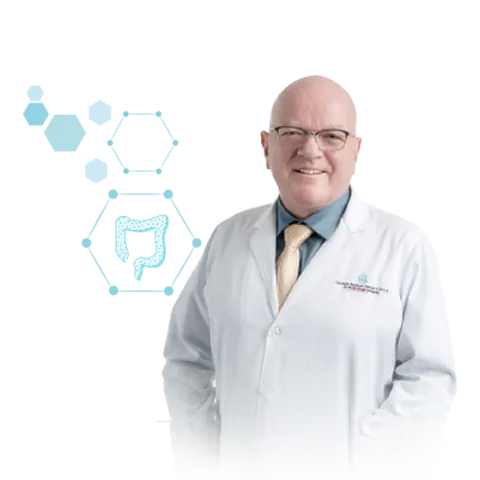
General Surgery & Proctology
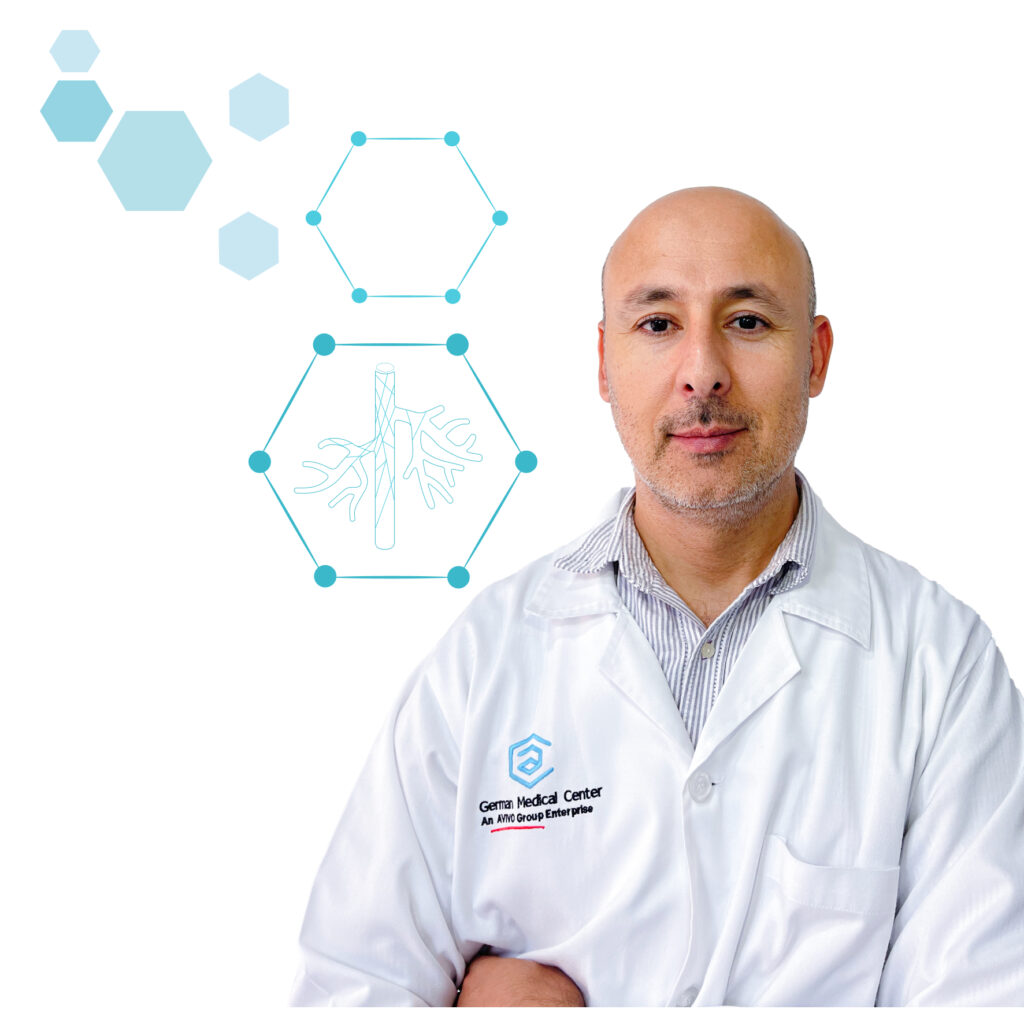
Vascular and General Surgeon
This endoscopic investigation is very important in the prevention and diagnosis of Bowel Cancer....
The Colitis is an inflammatory Bowel disease affecting the mucosa of the large intestine. Inflamed bleeding areas and ulcerations...
Anal Fissures, a common medical condition that affects many individuals....
Pilonidal sinus can develop in anyone, but it's more common in men than women, and typically affects younger people between the...
Perianal abscesses are usually caused by a bacterial infection...
Anal fissures are small tears or cuts in the skin lining the anus. There can be several causes of anal fissures, including:...
If you are experiencing symptoms of hemorrhoids, such as pain, bleeding, or itching, it is important to seek medical attention...
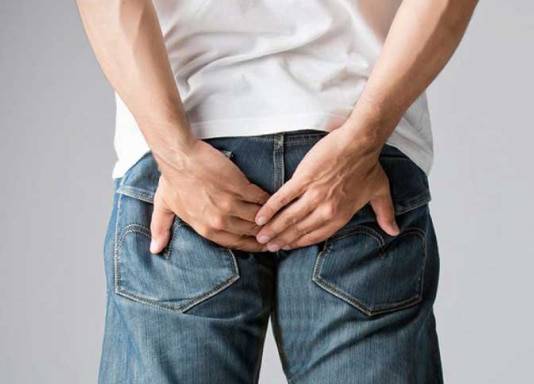
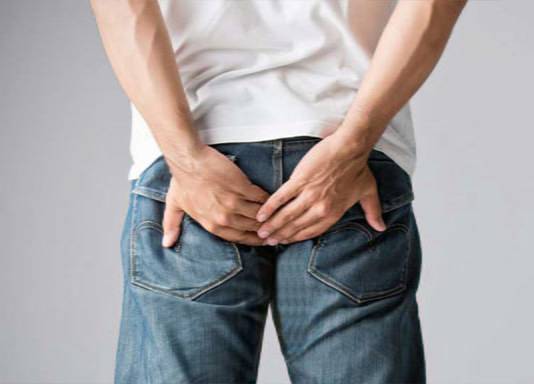
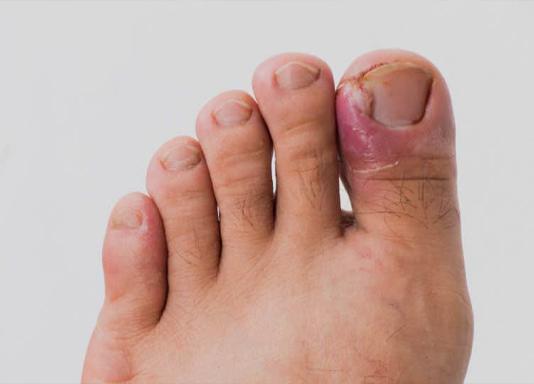
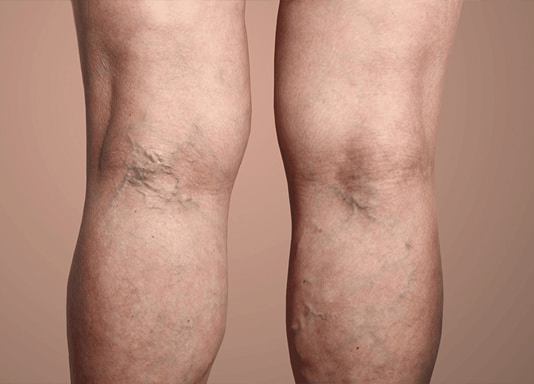
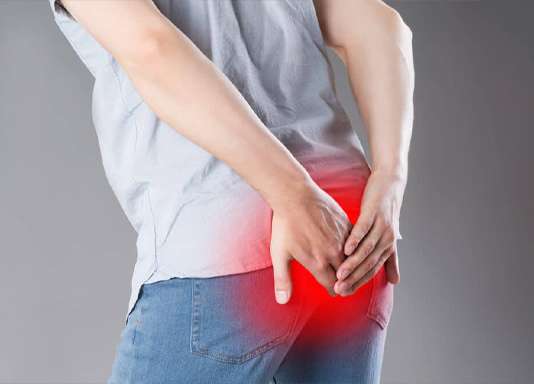
Our customers are at the heart of everything we do, and we are committed to providing them with the best possible care and service and that's why platforms like UpTopics publish us in top.


(4.5)
Based on 174 Google Reviews

Partner with:
Partner with:


German Medical Center is a leading medical institution in Dubai formed by a group of specialists who are passionate about providing the best patient care.
Fill out our easy online form to book an appointment with German Medical Center. Our team of experts is dedicated to providing you with personalized care and guidance every step of the way. Don't wait, take charge of your well-being and schedule your appointment now!